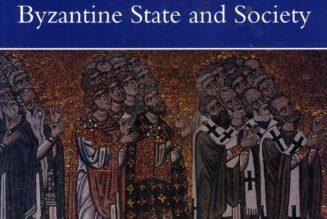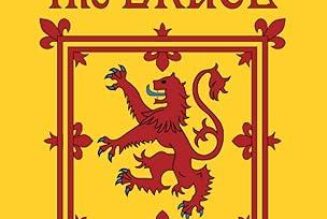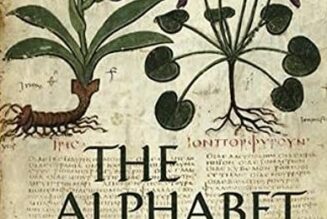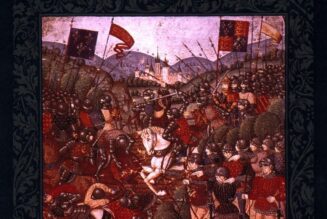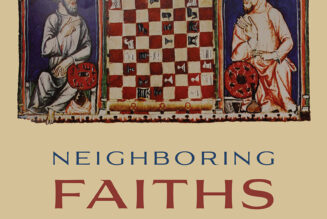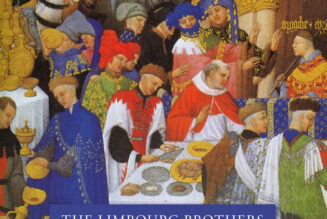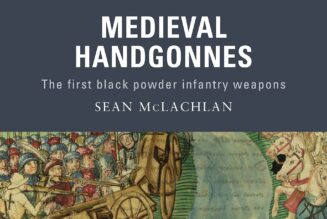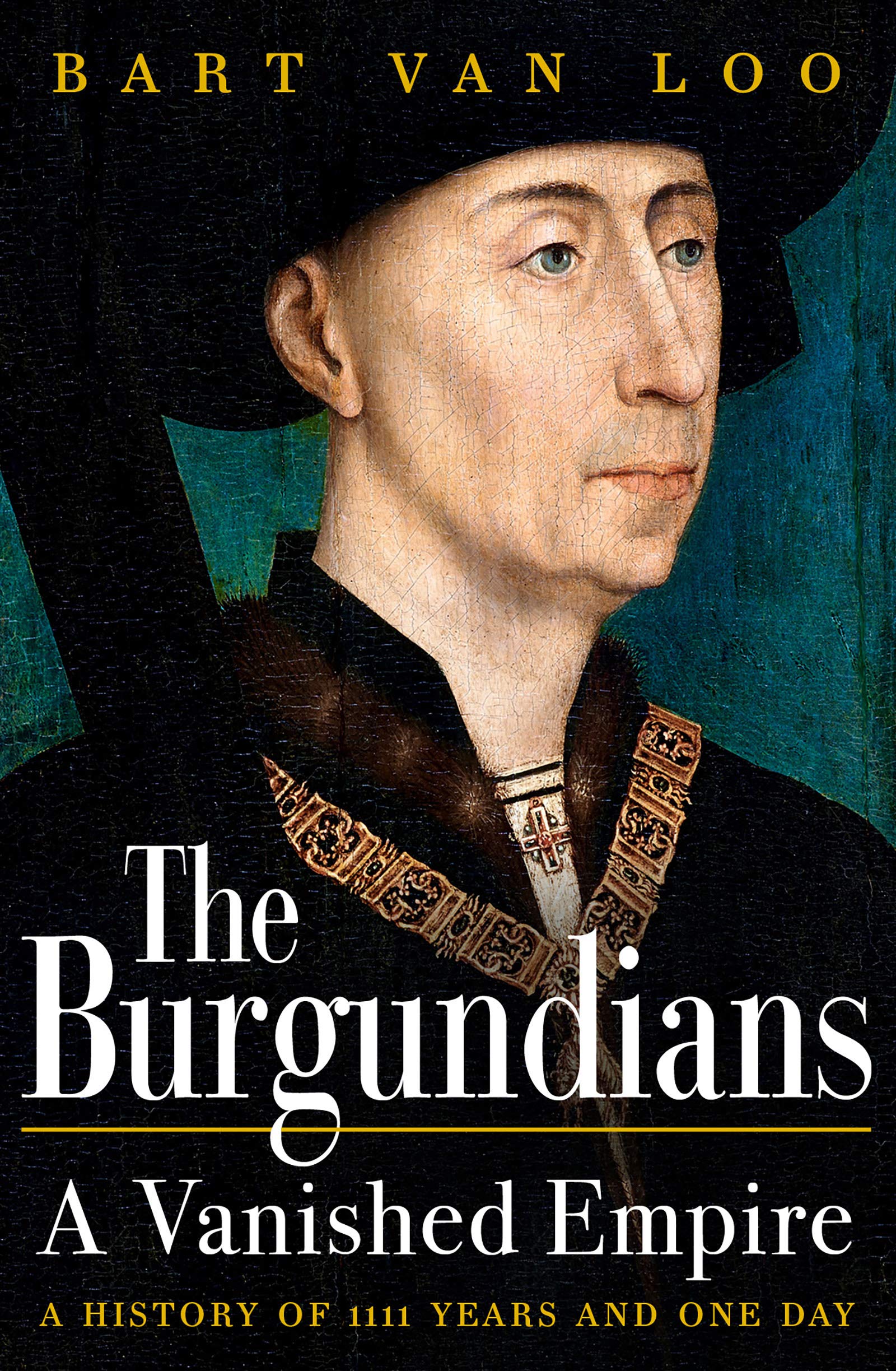
“Burgundians: A Vanished Empire” by Bart Van Loo
At the end of the fifteenth century, Burgundy was extinguished as an independent state. It had been a fabulously wealthy, turbulent region situated between France and Germany, with close links to the English kingdom.
Torn apart by the dynastic struggles of early modern Europe, this extraordinary realm vanished from the map. But it became the cradle of what we now know as the Low Countries, modern Belgium and the Netherlands.
This is the story of a thousand years, a compulsively readable narrative history of ambitious aristocrats, family dysfunction, treachery, savage battles, luxury and madness.
It is about the decline of knightly ideals and the awakening of individualism and of cities, the struggle for dominance in the heart of northern Europe, bloody military campaigns and fatally bad marriages.
It is also a remarkable cultural history, of great art and architecture and music emerging despite the violence and the chaos of the tension between rival dynasties.
Rightly compared to great narrative historians like Barbara Tuchman, Bart van Loo has written a popular and scholarly masterpiece.

